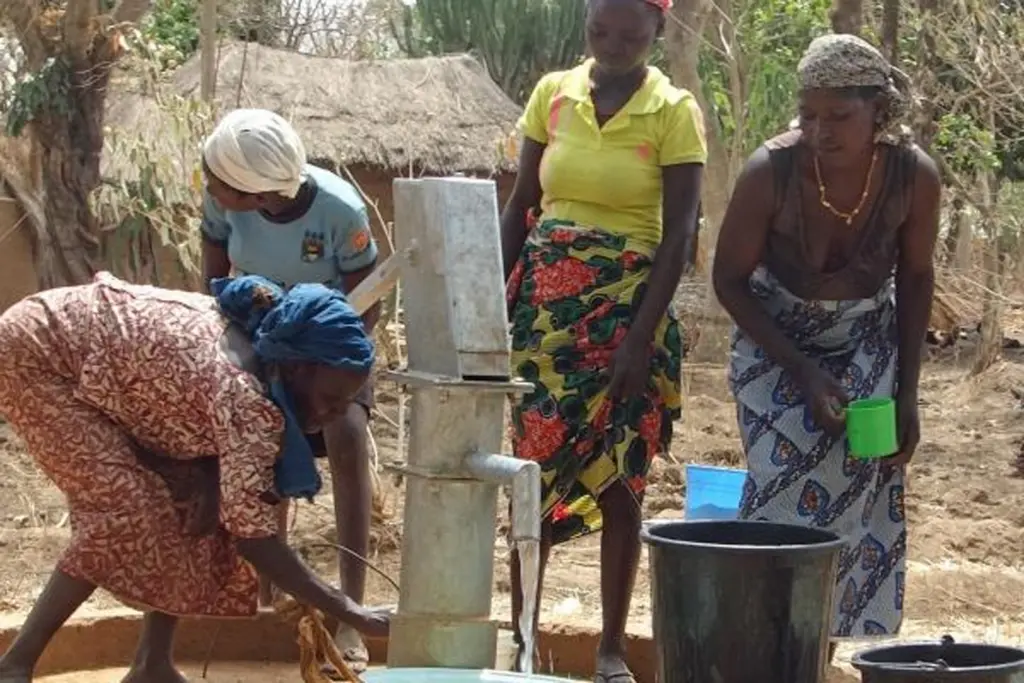70% of rural women lack financial inclusion
Professor Ummu Jalingo, National President of the Nigerian Economic Society, has said at least 70% of rural women in Nigeria lack financial inclusion. She said this at an interactive session at the 2022 Gender and Inclusion summit in Abuja on Thursday. Jalingo mentioned that many rural women lack bank accounts and knowledge of how to […]

Professor Ummu Jalingo, National President of the Nigerian Economic Society, has said at least 70% of rural women in Nigeria lack financial inclusion.
She said this at an interactive session at the 2022 Gender and Inclusion summit in Abuja on Thursday.
Jalingo mentioned that many rural women lack bank accounts and knowledge of how to navigate the financial services and products that are readily available.
Research by EFina conducted for the dRPC’s Partnership for Advancing Women in Economic Development (PAWED) project also showed that 77% of women received their income through cash , 44% of women received income on a daily basis; 22% weekly; 16% monthly; and only 4% annually; only 8% of men are not paid for their work while 14% of women are not paid, in terms of resilience and vulnerability, a whopping 47% of women think it’s not possible at all to come up with 45,000 naira in 7 days to meet a sudden need.
IFAN partners NYSC on humanitarian services in rural areas
Brain drain: Dearth of midwives, others frustrates healthcare in rural Nigeria
CEO, EFiNA Isaiah Owolabi, mentioned that often times financial providers curate financial services and products for women without considering the realities of women across different contexts and demographics.
He said, “Over the years, there are institutional barriers that have increased the cost and reduce the ability of women to access and utilize financial services. it has made a lot financial services targeted at women to be less effective and irrelevant to the reality of many women”
Another panelist, Gender Advisor, Albright Stonebridge Group, Rinmicit Aboki, noted that there are a lot of financial empowerment programs in Nigeria, however, there is a lack of coordination among them.
She further stated that; Speaking from a program perspective, what we are trying to do is increase capacity and scale up the programs we see working in various communities. We have an example of Mama money in Lagos who is a POS operator and has helped other women to register on the business, open account and learnt how to save. We all so intend to look at what solutions are being used by other countries and domesticate it to work in Nigeria”.
